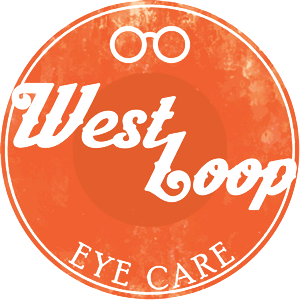Symptoms and Treatments for Eye Infections
Symptoms of eye infections can vary depending on the part of the eye that is affected by the disease. If you notice pain, itching, or redness, then it is important to keep a close watch on the eye and talk to your eye doctor if you suspect an infection.
Symptoms that Indicate an Eye Infection
Often, a person with an eye infection will notice symptoms that affect the way the eye looks and feels. Keep in mind that the symptoms vary from person to person and the type of infection that you are experiencing. Here are some of the most common symptoms that might be noticed:
- Discomfort or pain
- Itching
- Nagging feeling that something is stuck in the eye
- Burning sensation
- Light sensitivity
- Painful bump near the eyelashes or on the eyelid
- The eyes and surrounding tissue are tender to the touch
- Excessive tearing or watering
- General irritation in the eye
- Clear, green, or yellow discharge coming from the eye
- The white section of the eye turns pink
- Eyelids are purple or red
- Swollen eyelids
- Crusty buildup on the lids and lashes after waking up
Sometimes, an eye infection can cause the vision to become blurry. It often becomes difficult to wear contact lenses. A fever may develop, and you might notice that the lymph nodes near the ears become swollen.
Diagnoses of an Eye Infection
Minor infections might go away without treatment. But, it is always best to consult with an experienced optometrist in Chicago to obtain a diagnosis and identify the right treatment plan.
This diagnosis is usually painless and can be done in a matter of minutes. Sometimes, a fluid or tissue samples need to be sent to a lab, which takes a little longer before an accurate diagnosis is identified. Common diagnosis outcomes include pinkeye (conjunctivitis), keratitis, stye, or a fungal infection.
Treatments for Eye Infections
The prescribed treatment depends on the diagnosis. So, every treatment is personalized based on the needs of the patient. Common treatments include oral medications, topical creams, or eyedrops. While some eye infections respond to antibiotics because the infection is caused by bacteria, other conditions require antifungal or antiviral medications. So, it is always important to obtain an accurate diagnosis before medications are used.
When the infection is the result of another health problem, such as allergies, then the best approach is to treat the root cause of the irritation. For example, treating seasonal allergies might help to clear up the infection problems that you are facing.
Contact Lens Use and Infections
One important note: if you typically wear contact lenses, then the use of these lenses should be discontinued until the infection has been treated and is cleared. Also, disposable lenses should be discarded instead of using them again to avoid the spread of infection. Always use careful cleaning techniques to reduce the risk of an infection due to unclean contact lenses.
Talk to the Eye Care Experts in Chicago
What are your questions about eye infections? If you are experiencing symptoms, then it is essential that you contact our team at West Loop Eye Care right away. We’re always available to answer your questions and help you identify the right treatment plan. Submit your information on the online booking form to schedule an exam. Or, call our office any time.


